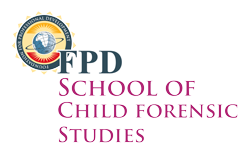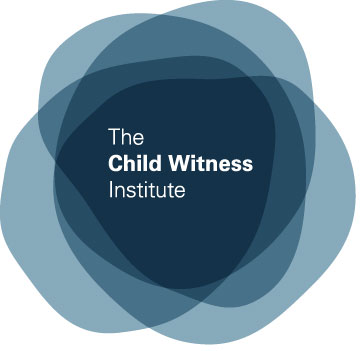School for Child Forensic Studies
Violence against children has reached epidemic proportions globally. In many parts of the world, a history of conflict or civil war has left scars on the social fabric. In many households violence has become normalised as a way of dealing with conflict. The abuse of children is underpinned by various factors, chief amongst which are the unequal relations between men and women. Despite the plethora of international instruments, much as the Convention on the Rights of the Child, the child’s right to be free from violence and abuse is violated in numerous ways, including in their interaction with legal systems. Research has shown that children who enter the legal system are further traumatised as a result of the treatment they receive in the system. A lack of specialisation on the part of legal system role-players contributes significantly to the manner in which children are treated. To address the gaps and challenges in statutory responses and the lack of specialisation in cases of violence against children, the FPD School for Child Forensic Studies will offer specialised short courses and qualifications to professionals working with child forensic cases, including those in the legal, medical and welfare response professions. Specifically, the school will focus on the interface between the child and the law.
The short courses will be linked to relevant professional CPD point systems. The qualifications will be structured to respond to the expertise needs of each professional group involved with cases of violence against children, and will accommodate different admission requirements. The following role-players are listed as professionals to whom the courses and qualifications will apply:
- child and victim advocates and support persons
- child protection service practitioners
- child welfare agency staff
- prosecutors and where appropriate defence lawyers
- diplomatic and consular staff
- domestic violence programme staff
- judges
- court staff
- law enforcement officials
- medical and mental health professionals, and
- social workers.
The overarching aim of the school is to develop specialisation in the field of child forensics, in particular, cases of violence against children. This specialisation will translate into an improved response to cases of violence against children, thereby upholding the rights of children to protection from violence and abuse.
The Child Witness Institute
The Institute on Justice for Child Witnesses (Child Witness Institute) was established in 1998 to respond to the global crisis of violence against children. Its primary focus areas include:
- Reforming the criminal justice system for child witnesses.
- Researching and monitoring violence and abuse involving children.
- Training criminal justice, social welfare, medical and education sector stakeholders on identifying, responding to and preventing violence against children.
- Consulting on specific legal cases and amici curiae.
- Researching and developing initiatives to prevent child abuse and exploitation.
- Researching and developing initiatives to prevent child abuse and exploitation.
The Child Witness Institute’s 21 years of work has transcended borders and nationalities. It has formed strong alliances with international organisations, such as UNICEF and the British National Crime Agency.
The Child Witness Institute operates at three levels to combat violence against children, namely:
1. Primary prevention and reform of structures
2. Secondary prevention and reform of systems
3. Tertiary prevention and operational response

